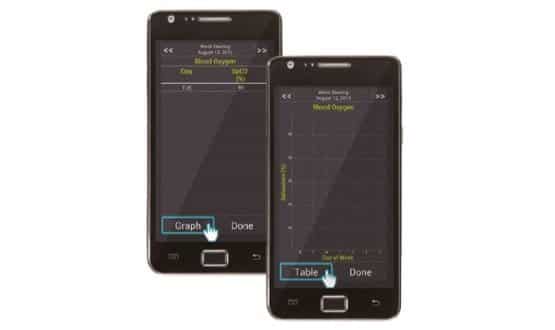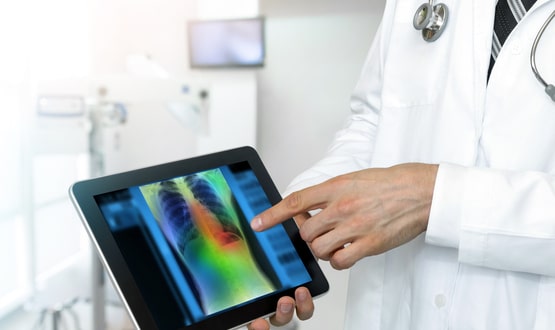Heart patients get smart with phones

Heart patients at Guy’s and St Thomas’ NHS Foundation Trust are monitoring their health at home and sending daily readings to nurses via smartphone.
The aim is to identify potential problems early, so that patients can be treated before their condition becomes life-threatening.
A trial, which began in September last year, is being carried out with 25 patients in Lambeth and Southwark who have heart failure. Participants were chosen with care, said Martin Larner, heart failure clinical nurse specialist at the trust.
“We were looking for patients we thought were vulnerable in the community, patients we thought might need a bit of extra help, who might deteriorate quickly and not be able to spot the fact that they were deteriorating,” he said.
Every patient has been given a kit that includes scales, a blood pressure monitor, a machine to measure oxygen levels and a smartphone. Following instructions on the phone, the patients use the equipment to take daily measurements. They also use the phone to answer a set of six simple health questions.
Each piece of equipment connects via Bluetooth to the smartphone, which transmits the data to a BT telehealth centre in Cornwall where nurses check trends in the data for any signs that something is wrong.
If the nurses detect an unusual pattern, they call patients to discuss it and, if necessary, alert the team at Guy’s and St Thomas’. The hospital team also have access to the data, enabling them to raise any observations with patients at clinic.
The pilot ends in mid-March, and Guy’s and St Thomas’ has begun analysing the results, with a view to extending the scheme.
“It was particularly interesting to find that we had increased the number of people we put into hospital, but I think that was to do with the fact that we were spotting the patients deteriorating a lot quicker,” said Larner.
“After carefully analysing those patients, we saw that we admitted them under safer regimes. We are going to see how long their stays were in hospital, because hopefully those stays would have been shorter.”




